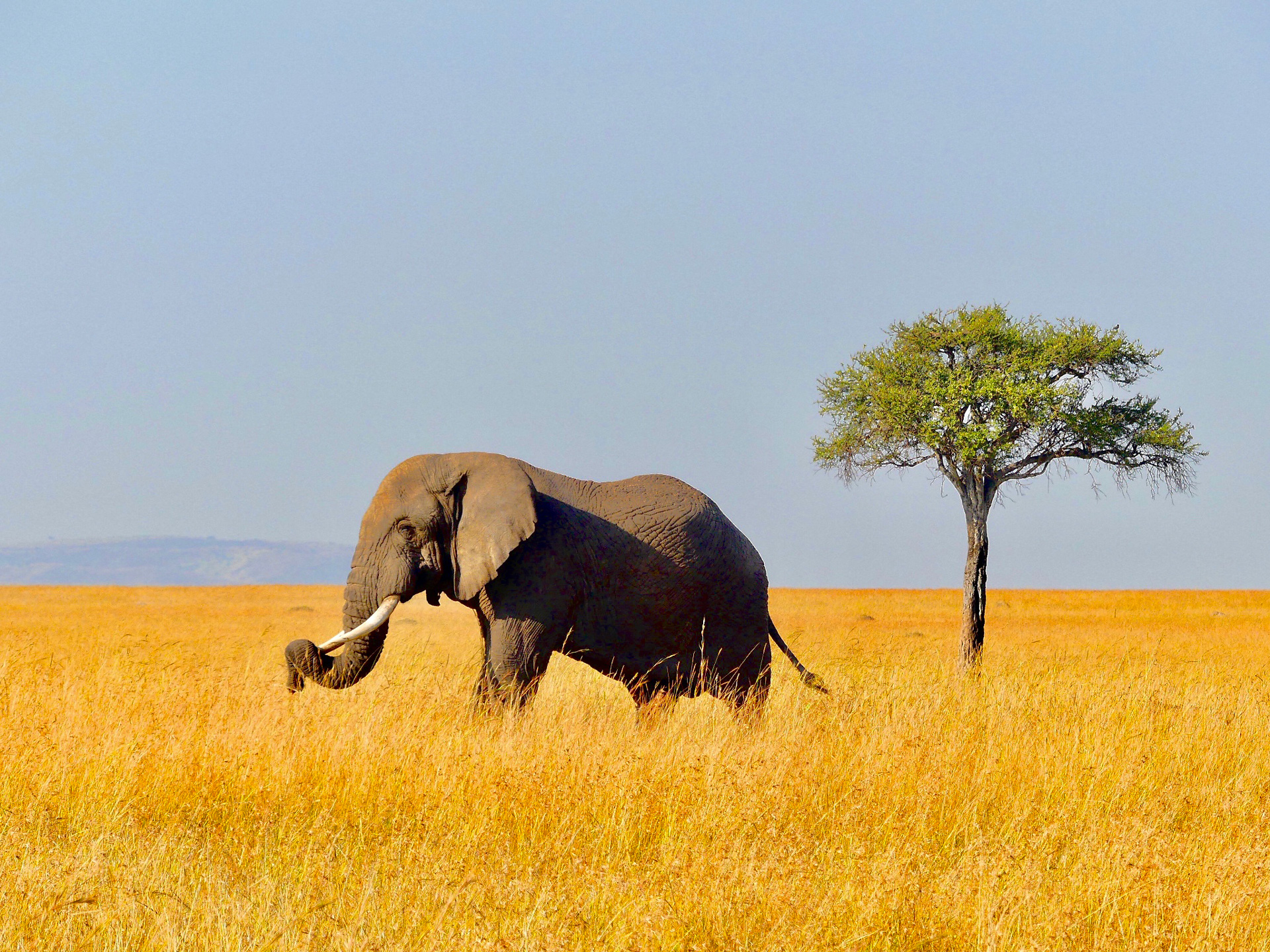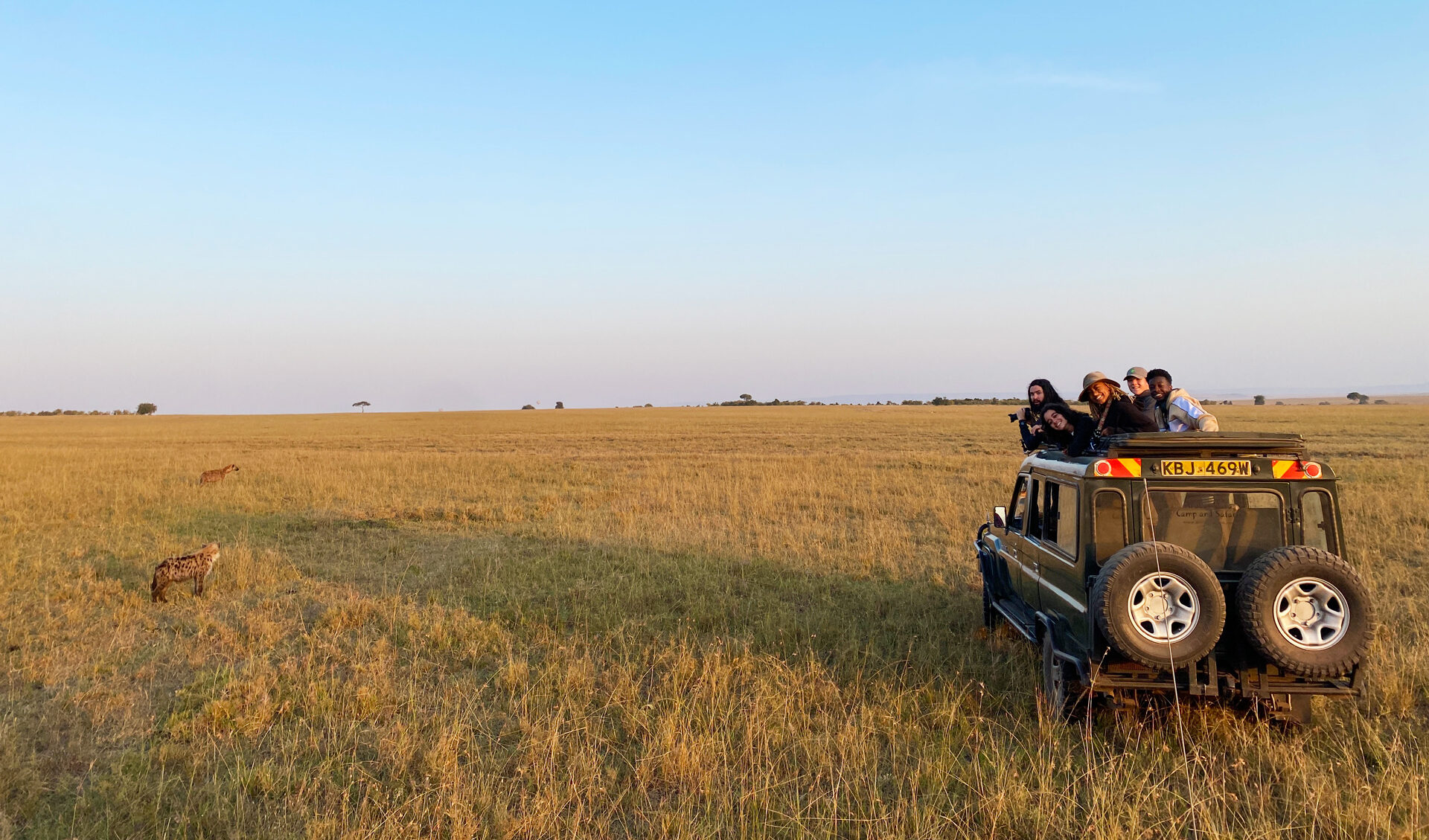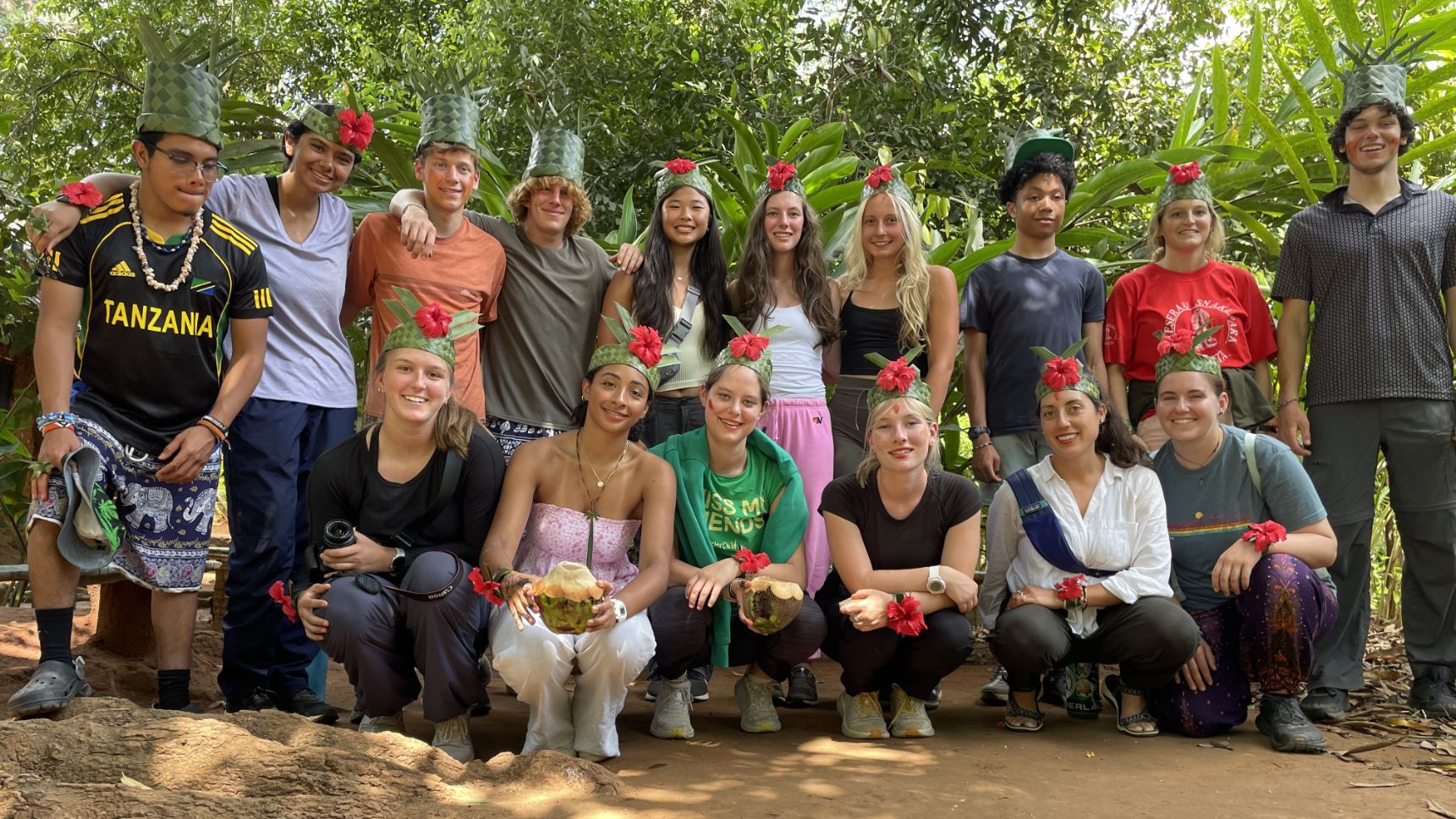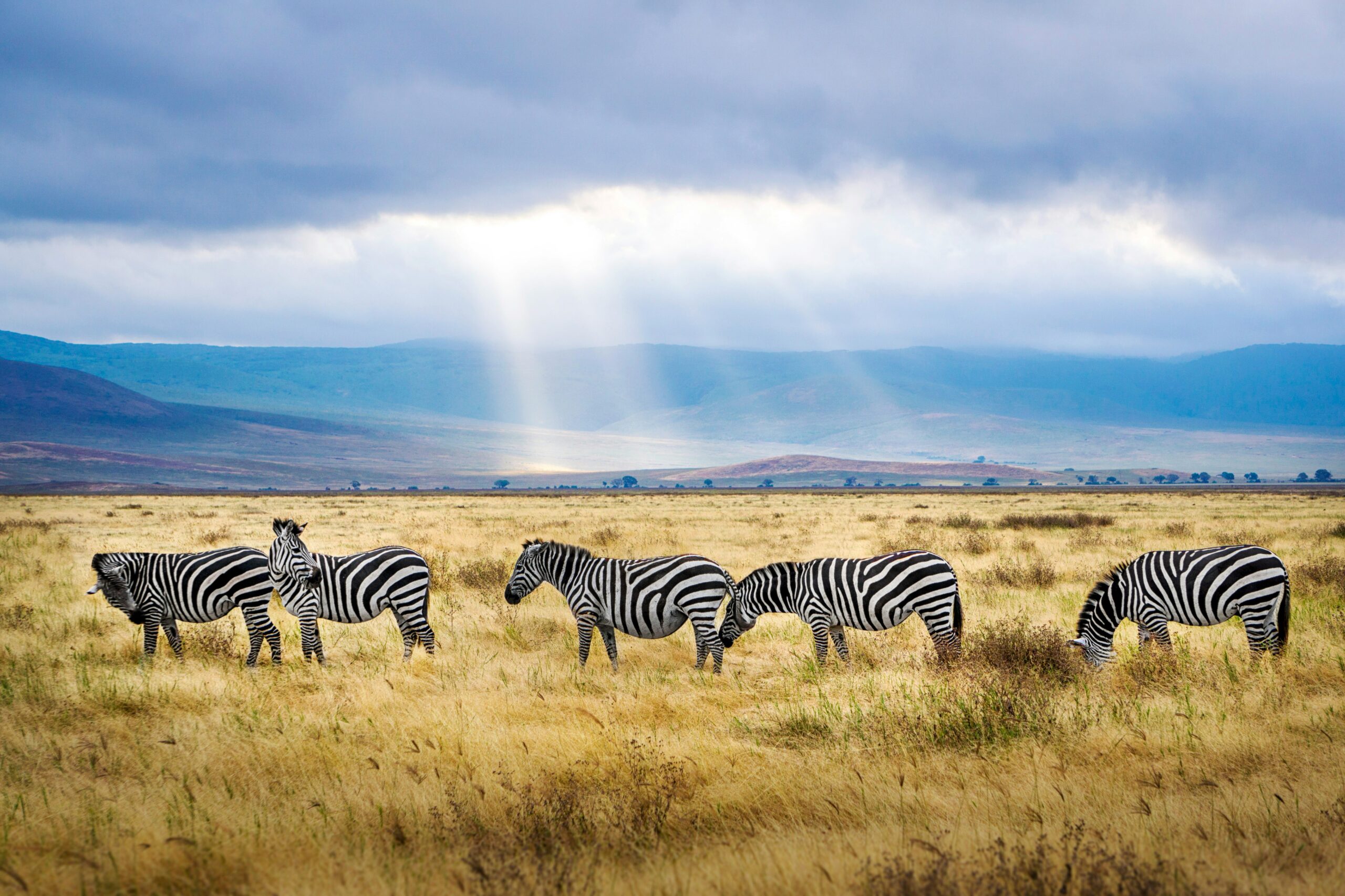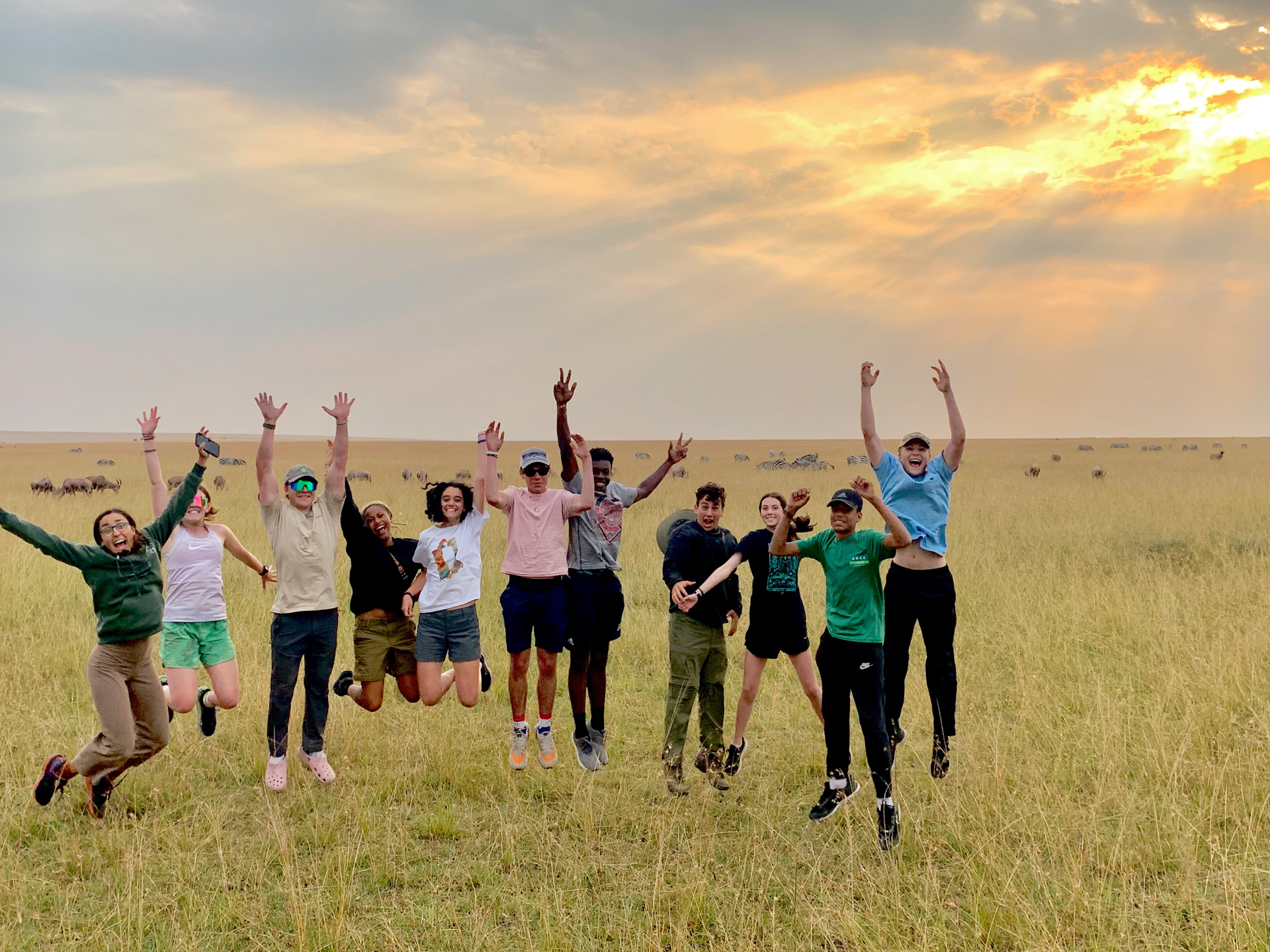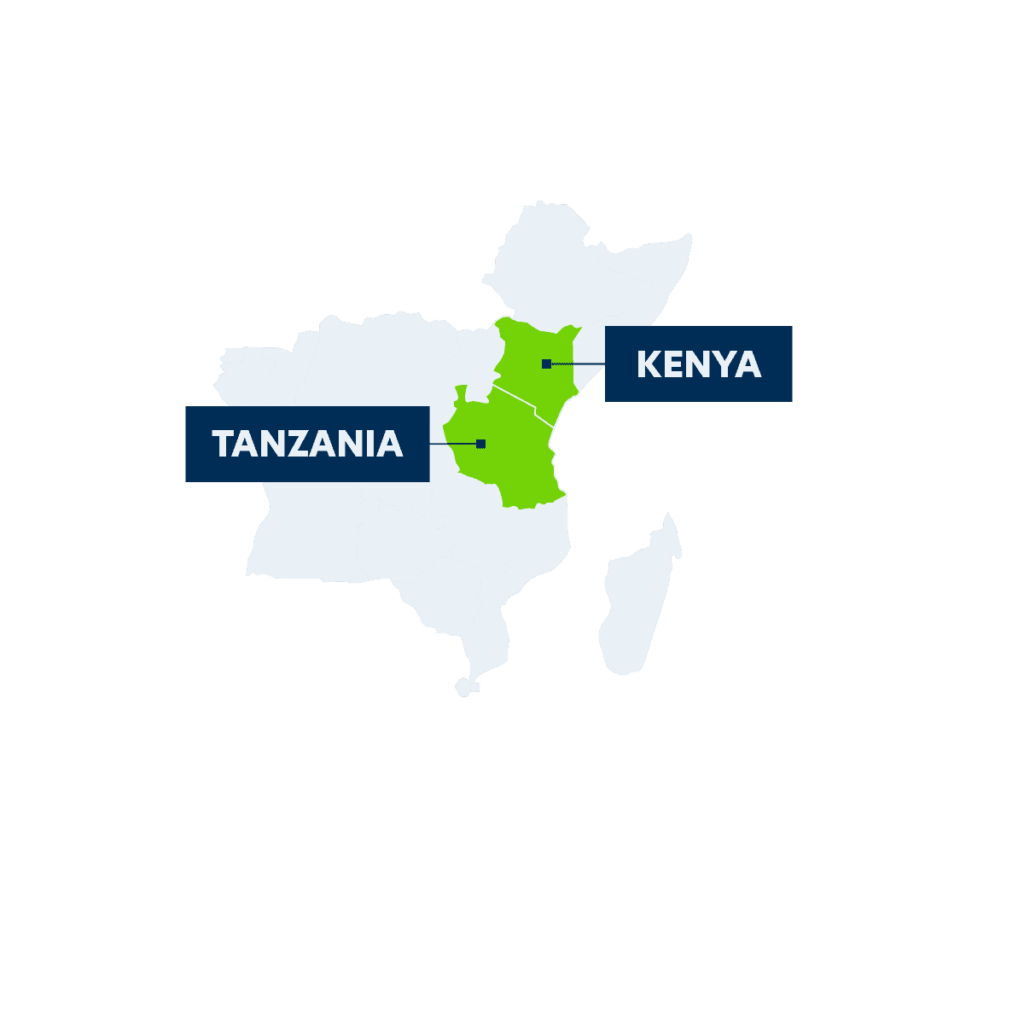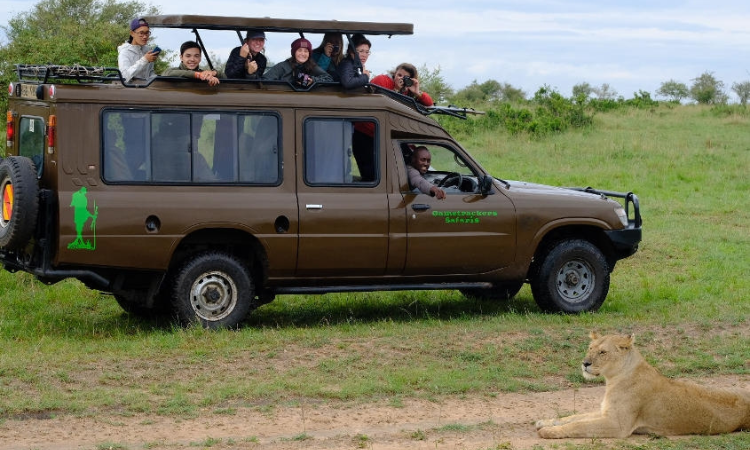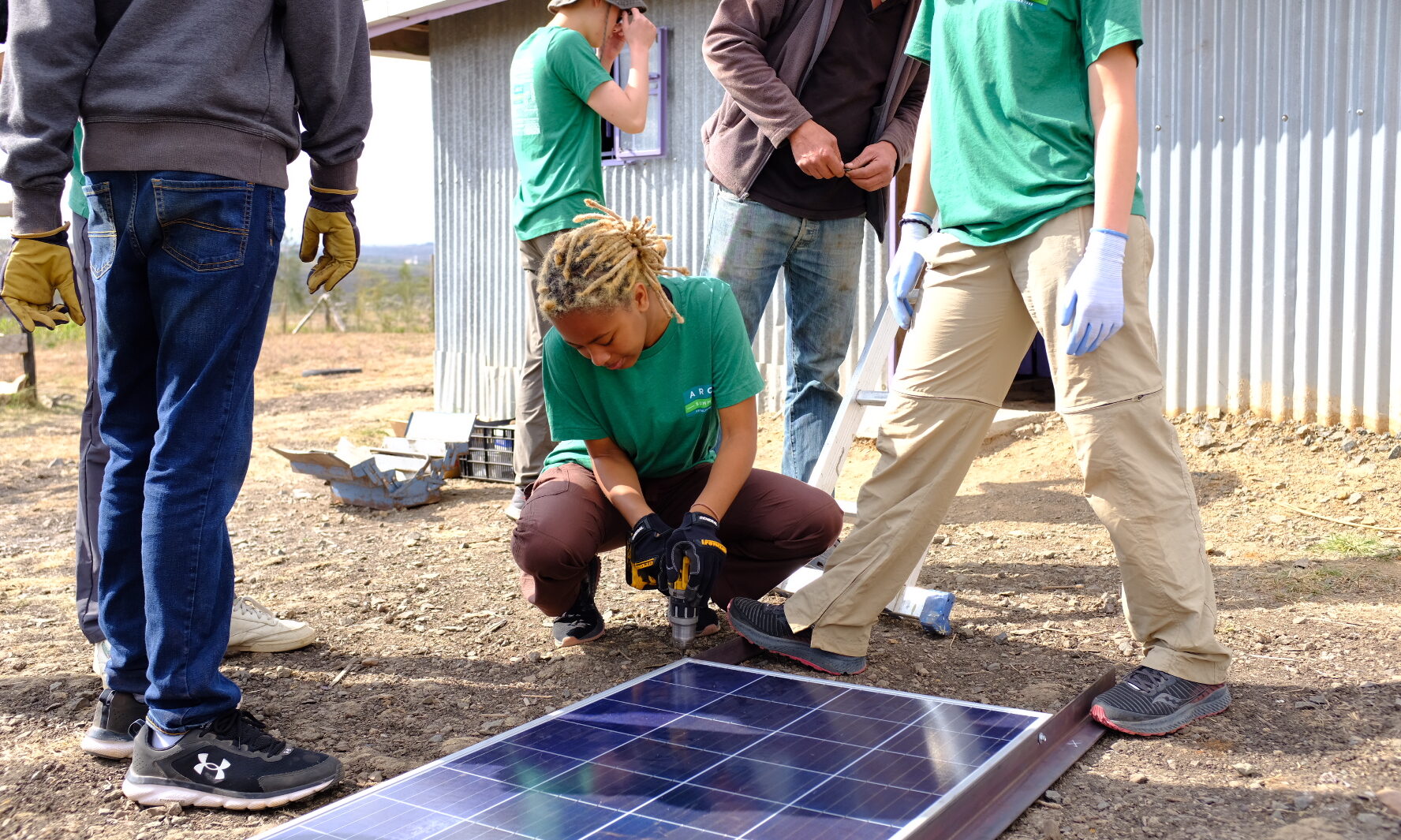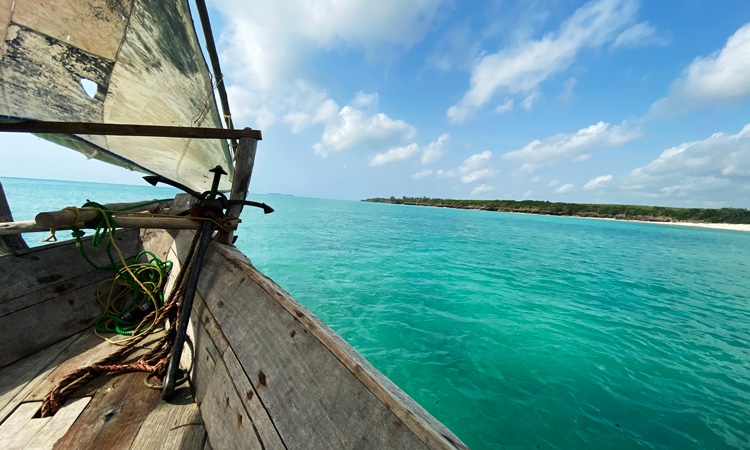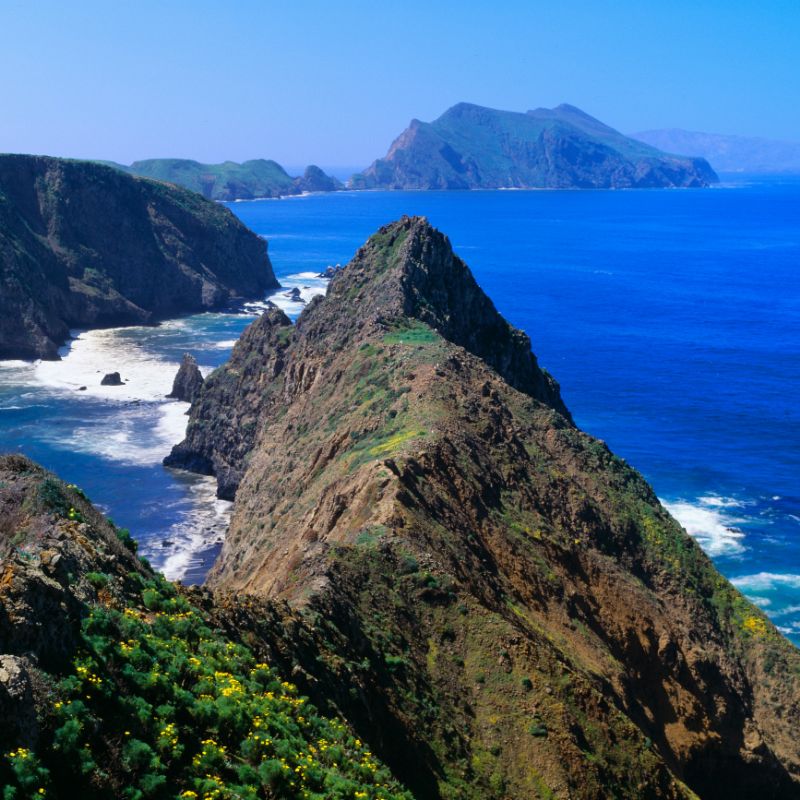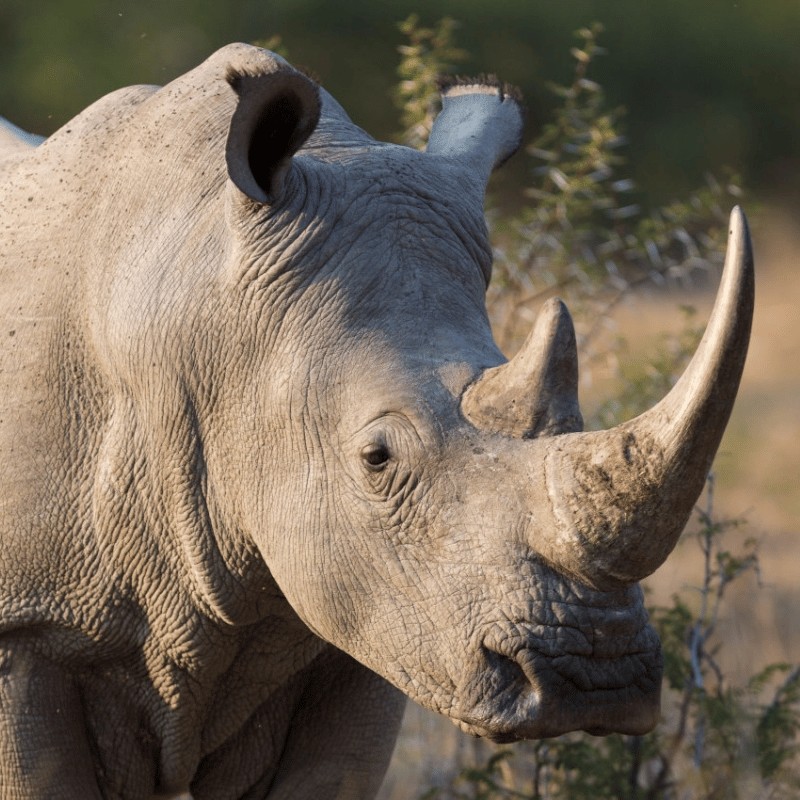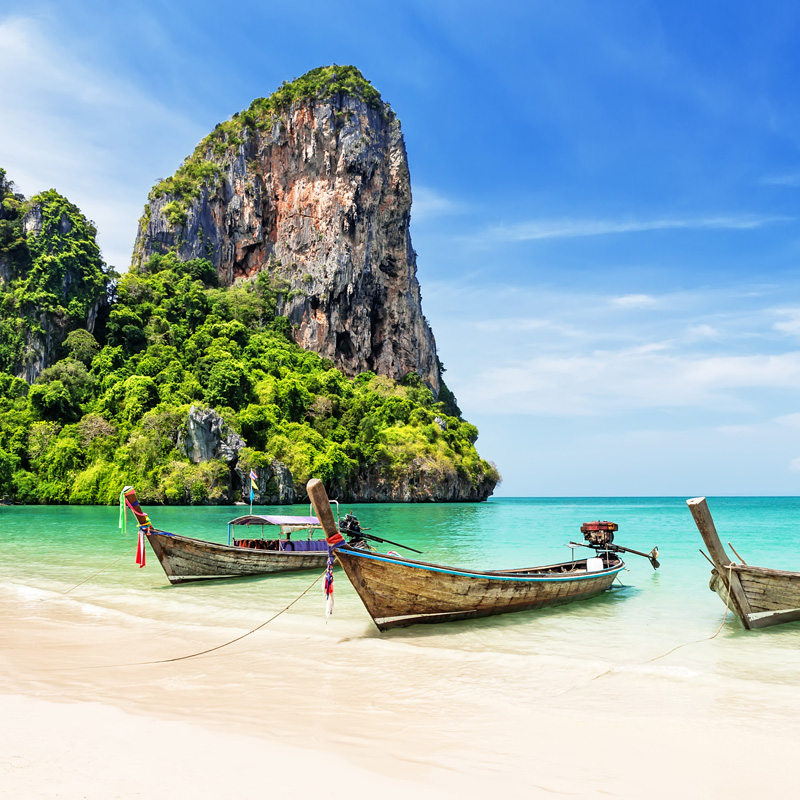This adventure takes you deep into the heart of East Africa, exploring the vibrant cultures and landscapes of Kenya and Tanzania. You work alongside a local community to install solar panels, diving into hands-on sustainable energy and engineering projects that make a real difference. Experience the thrill of an African safari, spotting incredible wildlife and learning about conservation science up close. Immerse yourself in Maasai culture—practice Swahili, enjoy traditional Kenyan street food, and discover daily life with local communities. Get creative with upcycling at a beach debris center before finishing your journey on Zanzibar, the Spice Island. Wander through Stone Town’s historic streets, swim in turquoise waters, and leave only footprints on Zanzibar’s pristine beaches.
Kenya & Tanzania
Lighting Lives
21 days
Trip duration
9th – 12th
Grades
21 days
2026 Dates Coming Soon!
New York, NY
Arrival & Departure
